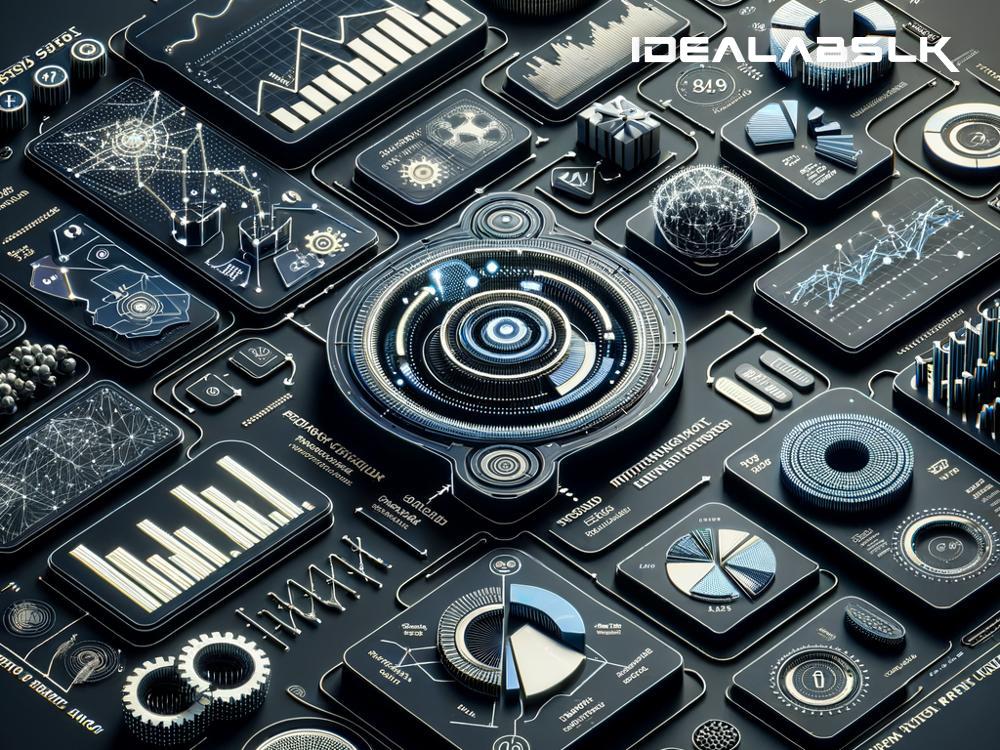Unlocking the Future of Shopping with Predictive AI in Retail Analytics
Have you ever wondered how your favorite online store seems to know exactly what you need before you do? Or how sale items magically align with items you’ve been pondering over? This isn’t coincidence or magic; it’s the power of predictive AI working tirelessly behind the scenes in the world of retail analytics.
But First, What Is Predictive AI?
In simple terms, predictive AI is like a digital crystal ball. It uses data, algorithms, and machine learning to forecast future events or trends. In retail, it’s about predicting what customers will buy, when they will buy it, and how much of it they will need. Imagine having a super insightful friend who knows your tastes so well that they can guess your next shopping list. That's predictive AI in a nutshell.
How Does Predictive AI Work in Retail?
1. Understanding Customer Behavior
The first step for predictive AI is collecting data. This data comes from various sources like past purchases, browsing histories, and social media activity. It then analyzes this data to understand shopping patterns and preferences. For example, if a customer frequently buys pet food, predictive AI can infer that the customer has a pet and may be interested in other pet-related products.
2. Forecasting Trends
By examining large sets of data, predictive AI can also identify broader trends. For instance, if there’s a sudden uptick in searches for eco-friendly products, it can forecast a rising trend in sustainability. This helps retailers stock up on items that are likely to be in demand soon.
3. Personalization
We’ve all experienced it – visiting an online store and seeing a banner displaying the exact item we’ve been thinking about. That’s predictive AI personalizing your shopping experience. It uses your past interactions and preferences to show you products you’re likely to buy, making your shopping experience smoother and more enjoyable.
4. Inventory Management
Predictive AI significantly helps in inventory management. By predicting future sales, it can advise retailers on how much stock to keep of each item. This drastically reduces the chances of overstocking or understocking, ensuring customers find what they need when they need it.
5. Pricing Optimization
Ever notice how prices of products sometimes drop just at the right time? Predictive AI helps retailers adjust prices based on expected demand, competitor pricing, and other factors. This ensures competitive pricing that benefits both the retailer and the customer.
Benefits of Predictive AI in Retail
- Enhanced Customer Experience: By understanding and anticipating customer needs, retailers can offer a more personalized shopping experience.
- Increased Sales: Personalized recommendations and optimal pricing strategies can lead to increased sales and customer loyalty.
- Efficiency in Inventory Management: Predictive AI reduces the risk of overstocking or understocking, saving on storage costs and ensuring product availability.
- Staying Ahead of Trends: Retailers can stay one step ahead of the market by knowing what products will be in demand in the future.
The Future of Retail with Predictive AI
The potentials of predictive AI in retail are vast and varied. As technology advances, we can expect even more personalized shopping experiences, with AI predicting not just what we want to buy but also when and through which channel we prefer to make our purchases. Imagine stepping into a world where your shopping experience feels like it’s been curated just for you, every single time.
However, it's crucial to remember the importance of privacy and data protection in the excitement of these advancements. Retailers must ensure that customer data is used respectfully and securely, maintaining trust and adhering to ethical standards.
In Conclusion
Predictive AI is transforming the retail landscape, making shopping a more personalized, efficient, and satisfying experience. By understanding customer behavior, forecasting trends, and optimizing inventory and pricing, predictive AI helps retailers meet customer needs more effectively than ever before. As we move forward, the fusion of technology and retail promises an exciting future, one where the shopping experience is not just transactional but truly tailored to each and every one of us.

